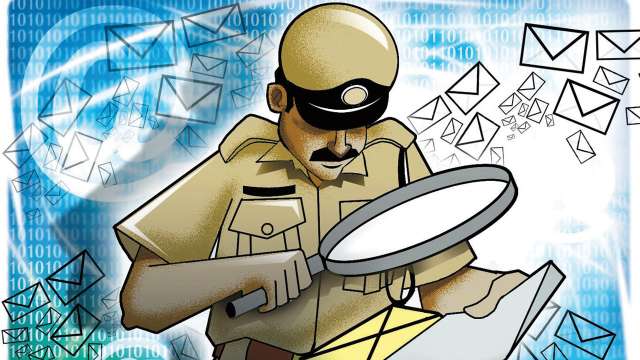India
Cyber crime thrives, detection rate fails to keep pace: RTI

While Prime Minister Narendra Modi has been advocating the Digital India campaign, statistics reveal that the police department is facing a tough time in solving cases pertaining to cybercrime. An RTI query has revealed that out of 627 cybercrime cases registered with the city Cyber-Crime Police Station (CCPS) in the last six years, only 169 cases had been solved.
The statistics came to light following a Right to Information (RTI) query filed by activist Shakeel Ahmed Shaikh seeking information on cybercrimes from Mumbai Police, from January 2013 till December 2018. Shaikh had sought details of the cybercrime cases registered and detected in these years by Cyber-Crime Police. The cases include debit card frauds, job rackets, misuse of social media and hacking.
The statistics revealed that most numbers of cyber-crime cases (300) were registered in 2015, followed by 163 cases in 2016.
“Everyone is going digital now for transactions and making payments. Citizens should be made aware of the precautions that should be taken to avoid being duped in this digital payments ecosystem,” said Shaikh.
When contacted, deputy commissioner of police, Cyber-Crime, Vishal Thakur refused to comment without analysing the statistics.
“The figure, 627 complaints registered, in itself is very poor. On average, the police receives 5000 complaints per month. Thus, the conversion rate of complaints to FIR is very poor and its detection is even poorer. There could be several reasons for the poor detection rate. Often in cyber-crime cases, the IP address location is found to be abroad, or the intermediaries such as Google or Facebook deny sharing data when the IP address is of US citizens. The process to procure the IP address requires six months to one year’s work and hence there is a delay. Another major reason is that the trained staff in cyber-police station gets transferred to other duties after completion of tenure. Hence there is a dearth of trained staff at CCPS,” said Advocate Prashant Mali, cyber-law expert.





























